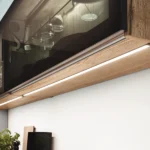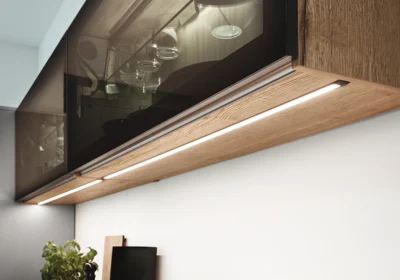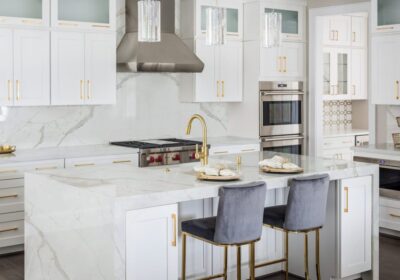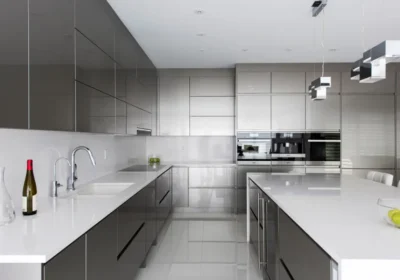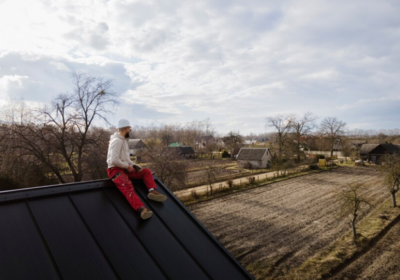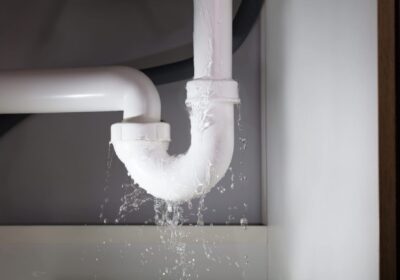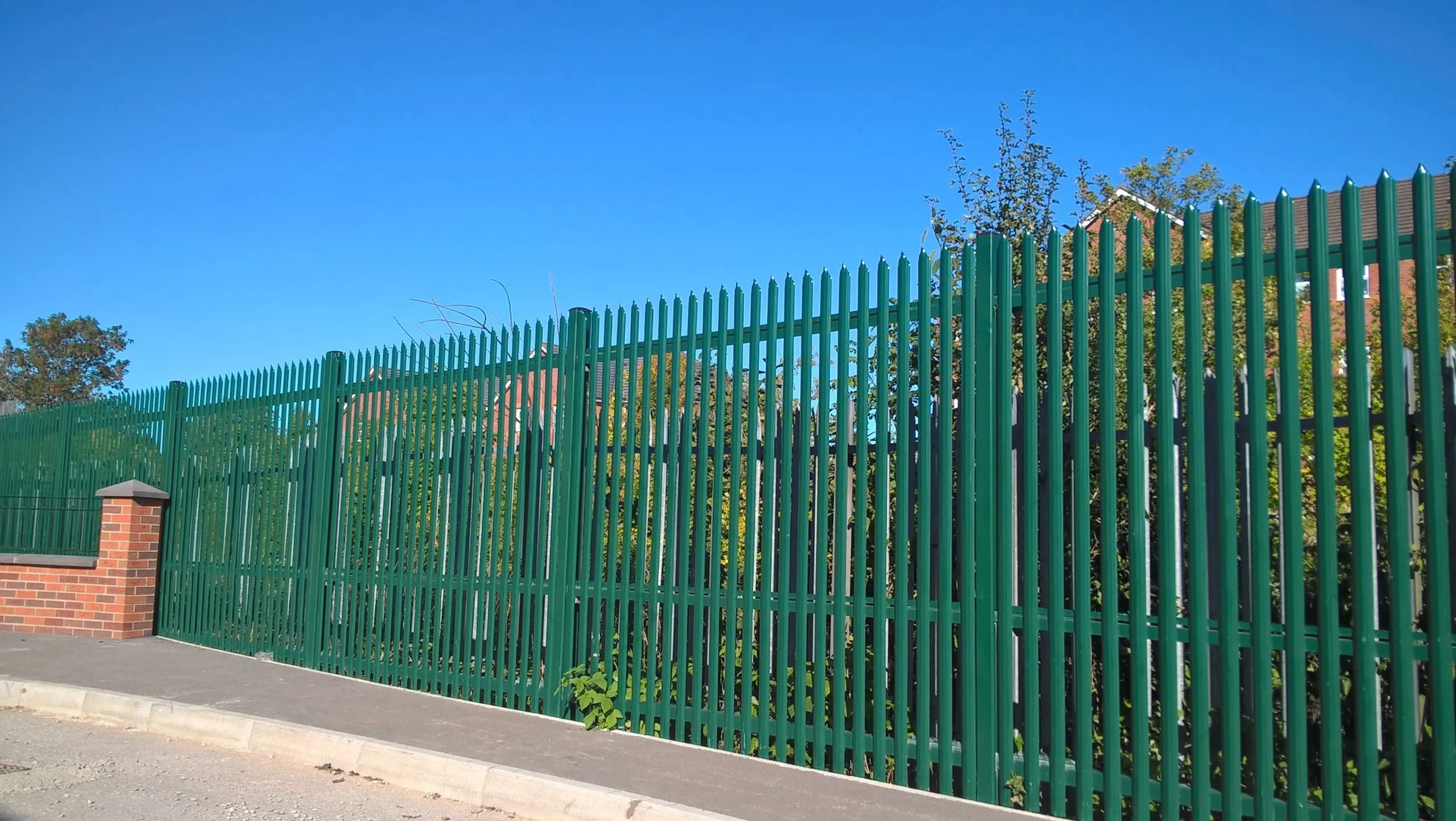
Understanding the Lifespan of Different Fencing Materials
Choosing the right fencing material for your property can be a daunting task. With so many options available on the market, it’s important to understand the lifespan and durability of each type to make an informed decision. Whether you’re a homeowner in Leeds looking to enhance your garden’s privacy or a business owner seeking to secure your premises, understanding the longevity of various fencing materials will help you make the best investment for your needs. In this article, we will explore the lifespan of different fencing materials commonly used in the UK, helping you understand their strengths, weaknesses, and what you can expect in terms of longevity.
1. Wooden Fencing
Wooden fencingleeds is a popular choice for many properties across the UK, including Leeds, due to its natural aesthetic appeal and versatility. It can be customised in various styles, such as picket, panel, or featheredge, making it suitable for a range of applications from garden boundaries to decorative front yard fences.
Lifespan:
The lifespan of wooden fencing largely depends on the type of wood used, the quality of installation, and how well it is maintained. Softwood fences, like pine or spruce, are more affordable but generally last between 5 to 15 years with proper care. Hardwood fences, such as oak or cedar, can last much longer, typically between 20 to 40 years.
Factors Affecting Longevity:
- Treatment: Wood needs to be treated regularly with a preservative to protect it from moisture, rot, and insect damage. Untreated wood is susceptible to rapid deterioration, especially in areas with high rainfall like Leeds.
- Installation: Proper installation is crucial to prevent premature rotting. Posts should be treated and set in concrete to avoid direct contact with the soil, which can lead to decay.
- Maintenance: Regular maintenance, including staining or painting and replacing damaged panels, is essential to extend the life of wooden fences.
Conclusion:
For those in Leeds considering wooden fencing, it’s important to weigh the initial cost against the ongoing maintenance required to ensure longevity. While softwood options may be cheaper upfront, hardwood or treated options can offer better long-term value.
2. Vinyl Fencing
Vinyl fencing, also known as uPVC fencing, has grown in popularity over the past few decades due to its durability and low maintenance requirements. It’s an ideal option for those looking for a long-lasting, hassle-free fencing solution.
Lifespan:
Vinyl fencing can last 20 to 30 years or even longer if properly cared for. Unlike wood, vinyl does not rot, warp, or suffer from insect damage, making it a more durable option for those who want a fence that stands the test of time.
Factors Affecting Longevity:
- Quality of Material: Not all vinyl fences are created equal. High-quality vinyl can withstand extreme weather conditions better than cheaper alternatives.
- Installation: Proper installation is key to ensuring the longevity of vinyl fencing. Posts should be secured correctly, and panels should be aligned to prevent sagging.
- Maintenance: While vinyl is low-maintenance, it’s still important to clean the fence periodically to prevent the buildup of dirt and mildew.
Conclusion:
For those in Leeds looking for a durable and low-maintenance option, vinyl fencing could be an excellent choice. It offers a good balance between upfront cost and long-term durability, making it a sound investment for many homeowners and businesses.
3. Metal Fencing
Metal fencing, which includes options like aluminium, wrought iron, and steel, is known for its strength, security, and longevity. It’s often used in settings where security is a top priority, such as around commercial properties or in areas prone to vandalism.
Lifespan:
The lifespan of metal fencing varies depending on the material. Aluminium fences can last 20 to 30 years with minimal maintenance, while wrought iron and steel fences can last up to 50 years or more if properly cared for.
Factors Affecting Longevity:
- Type of Metal: Aluminium is lightweight and resistant to rust, making it ideal for coastal areas. Wrought iron is very durable but requires regular maintenance to prevent rust, especially in wet climates like Leeds.
- Coatings: Galvanisation and powder coatings can significantly extend the life of metal fences by protecting them from rust and corrosion.
- Maintenance: Metal fences require regular inspection for signs of rust or damage. Prompt repairs and repainting can prevent small issues from becoming major problems.
Conclusion:
For those in Leeds needing a robust and secure fencing option, metal fencing is a strong contender. It requires some maintenance but offers exceptional longevity and security, making it suitable for both residential and commercial applications.
4. Composite Fencing
Composite fencing is a relatively new option that combines the natural look of wood with the durability of synthetic materials. It’s made from a mixture of wood fibres and recycled plastic, offering a sustainable and low-maintenance fencing solution.
Lifespan:
Composite fences can last 25 to 30 years or more, depending on the quality of the materials and installation. They are resistant to rot, warping, and insect damage, making them a durable option for various weather conditions.
Factors Affecting Longevity:
- Material Quality: Higher-quality composites will have a longer lifespan and better resistance to fading and wear.
- Installation: Proper installation is crucial to prevent warping or shifting over time. Posts should be set firmly, and panels should be aligned correctly.
- Maintenance: Composite fencing requires minimal maintenance, usually just a periodic cleaning with soap and water to remove dirt and debris.
Conclusion:
For those in Leeds seeking a sustainable and long-lasting fencing solution, composite fencing is an excellent option. It provides the aesthetic appeal of wood without the extensive maintenance, making it a popular choice for environmentally conscious homeowners and businesses.
5. Chain Link Fencing
Chain link fencing is a cost-effective option often used for security purposes around commercial properties, sports fields, and even some residential gardens. It’s known for its durability and low maintenance requirements.
Lifespan:
Chain link fences can last 15 to 20 years or more, depending on the quality of the materials and the environment in which they are installed. Galvanised steel chain link fences offer increased resistance to rust and can last even longer.
Factors Affecting Longevity:
- Galvanisation: Galvanised chain link fences have a protective zinc coating that prevents rust and extends the fence’s lifespan.
- Climate: In areas with high humidity or salt air, chain link fences can corrode faster. Regular inspections and maintenance can help mitigate this.
- Installation: Proper tensioning of the chain link fabric and secure anchoring of the posts are essential to prevent sagging and maintain the fence’s integrity.
Conclusion:
For those in Leeds needing a cost-effective and durable fencing solution, chain link fencing is worth considering. It offers good longevity and minimal maintenance, making it ideal for various applications, from commercial security to residential boundaries.
6. Bamboo Fencing
Bamboo fencing is a unique and eco-friendly option that has gained popularity for its aesthetic appeal and sustainability. It’s often used in gardens for privacy screens and decorative purposes.
Lifespan:
Bamboo fencing typically lasts 5 to 10 years, depending on the quality of the bamboo and how well it is treated and maintained. In the UK, where the climate is often wet and cold, bamboo may not last as long as in drier, warmer climates.
Factors Affecting Longevity:
- Treatment: Treated bamboo that is sealed and coated will last longer than untreated bamboo, which is more susceptible to moisture and pests.
- Climate: The wet and cold climate in Leeds can shorten the lifespan of bamboo fencing if not properly maintained.
- Maintenance: Regular sealing and treatment can extend the life of bamboo fencing, but it does require more care than some other materials.
Conclusion:
For those in Leeds looking for an eco-friendly and visually appealing fencing option, bamboo may be a good choice. However, it is important to consider the climate and the amount of maintenance required to keep the fence looking its best.
Choosing the Right Fencing Material for Your Needs
When choosing a fencing material, it’s essential to consider not just the upfront cost but also the long-term value. Here are a few key considerations to help you decide:
- Purpose: What is the primary purpose of the fence? Is it for privacy, security, or decorative purposes? Understanding your needs will help you choose the right material.
- Budget: Consider both the initial cost of the fencing material and the long-term maintenance costs. Some materials may be more expensive upfront but cheaper in the long run due to lower maintenance needs.
- Climate: The climate in Leeds can be wet and cold, which can affect the lifespan of certain materials like wood and bamboo. Materials that are resistant to moisture and cold weather, such as vinyl and metal, may be better suited for the area.
- Aesthetic Preferences: Consider the look and feel of the fencing material. Some materials, like wood and bamboo, offer a natural look, while others, like vinyl and metal, offer a more modern and sleek appearance.
- Local Regulations: In some areas, there may be restrictions on the type of fencing that can be installed. It’s important to check with local authorities in Leeds to ensure your chosen fencing material complies with regulations.
Understanding the lifespan and maintenance requirements of different fencing materials is crucial in making an informed decision for your property. Whether you’re looking for a durable, low-maintenance option like vinyl or a more traditional choice like wooden fencing, it’s important to consider all factors, including climate, budget, and purpose. For residents and businesses in Leeds, selecting the right fencing material will not only enhance the appearance of your property but also provide lasting value and peace of mind.
When it comes to Leeds fencing needs, there is a wide range of options to suit every requirement and budget. Whether you’re searching for fencing in Leeds for residential or commercial purposes, taking the time to understand the lifespan and characteristics of different materials will ensure you make the best choice for your property. Fencing Leeds offers many options, and by choosing wisely, you can enjoy a beautiful and functional fence for many years to come.


